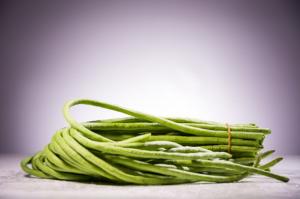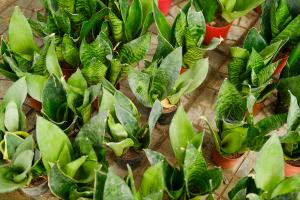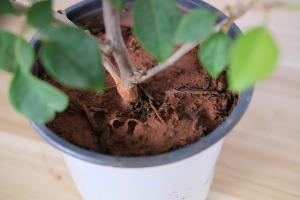Does It Hurt Indoor Plants to Use Softened Water?
Softened water is a type of water that has gone through a process called ion exchange, where hard minerals like calcium and magnesium are removed, often by replacing them with sodium. Softened water is commonly used in households to prevent the buildup of limescale in pipes and appliances, such as water heaters and dishwashers. However, when it comes to using softened water for indoor plants, opinions among gardeners and experts are divided.
The Pros and Cons of Softened Water for Indoor Plants
On the one hand, softened water may provide some benefits to indoor plants. For example, certain houseplants, such as spider plants and ferns, thrive in alkaline soil, and softened water may help to raise the pH levels of soil. Additionally, softened water is often free of the minerals that can cause soil to become compacted, which can be beneficial for plants that require well-aerated soil.
On the other hand, using softened water for indoor plants has some potential drawbacks. One of the main concerns is that softened water can be high in sodium, which can be damaging to certain plants. Excessive levels of sodium can cause leaf discoloration, stunted growth, and even the death of the plant. In addition, softened water may contain other chemicals, such as chlorine and fluoride, which can also be harmful to indoor plants.
Alternatives to Softened Water for Indoor Plants
If you're concerned about the potential risks of using softened water for your indoor plants, there are some alternative options you can try. One option is to use tap water that hasn't been softened. This water may contain some minerals, but they are usually at safe levels for plants to tolerate. Another option is to collect rainwater and use it to water your plants. Rainwater is naturally soft and free of many of the chemicals found in tap water. If you live in an area where rainwater isn't readily available, you can also purchase distilled or reverse osmosis water, which have had all minerals and impurities removed.
Tips for Using Softened Water for Indoor Plants
Despite the potential risks of using softened water for indoor plants, some gardeners do choose to use it. If you decide to use softened water for your plants, here are a few tips to keep in mind:
Test the water regularly to monitor sodium levels. You can purchase a water testing kit at most garden centers or home improvement stores.
If you notice signs of salt buildup in the soil, such as a white crust on the surface, flush the soil with distilled water until the salts are removed.
Consider only using softened water for certain plants that tolerate high levels of sodium, such as cacti and succulents.
Choose a high-quality water softener that uses potassium instead of sodium, as this type of softener is less likely to harm plants.
Final Thoughts
While there is no definitive answer to whether using softened water is harmful to indoor plants, it's clear that there are both benefits and drawbacks to this practice. If you decide to use softened water, it's important to monitor sodium levels and take steps to mitigate any potential harm to your plants. If you're unsure whether softened water is right for your indoor plants, consider trying some of the alternative options suggested above.

 how many times do yo...
how many times do yo... how many planted tre...
how many planted tre... how many pine trees ...
how many pine trees ... how many pecan trees...
how many pecan trees... how many plants comp...
how many plants comp... how many plants can ...
how many plants can ... how many plants and ...
how many plants and ... how many pepper plan...
how many pepper plan...
































